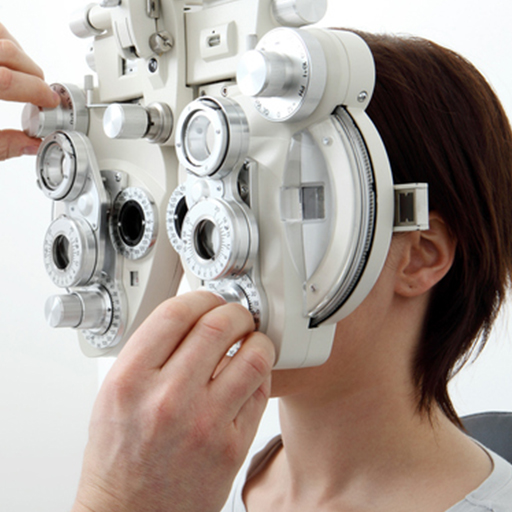Valley Eye Group offers routine eye exams for school aged children to adults. A routine eye exam includes a refraction (vision check for glasses) and a dilated eye exam. The complete eye exam can help detect many eye conditions that do not have symptoms.
Valley Eye Group excels in contact lens fitting. There are a myriad of contact lenses available and our goal is to find the best fit for optimal vision. Our nurse practitioner, Patricia Domyan, works with new and “veteran” contact lens wearers to find the best contact lenses for you.
Our optical department is the ideal place to purchase your glasses. Our clinicians work directly with our optician, Rich Snyder, to pick the proper frame and select the right lenses for our patients. We have a wide selection of the latest fashion of frames in a range of price points.





